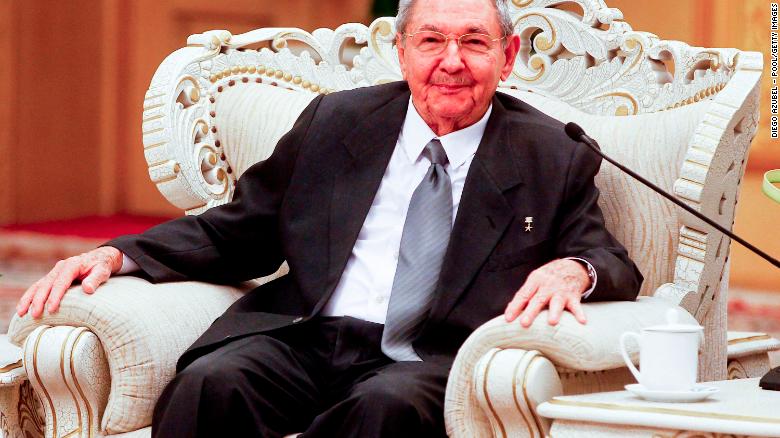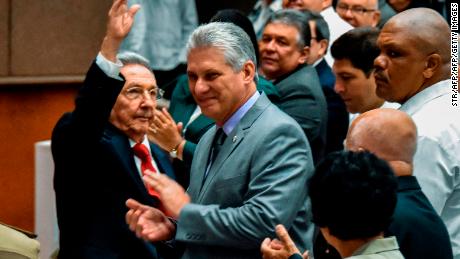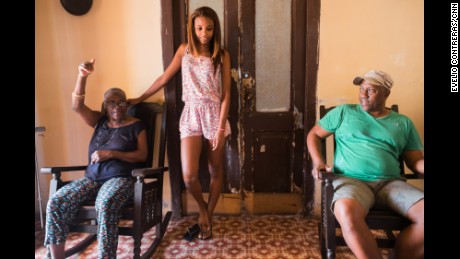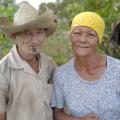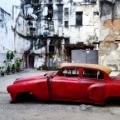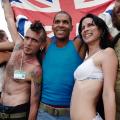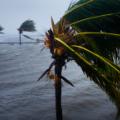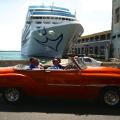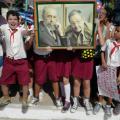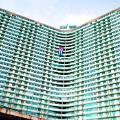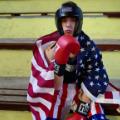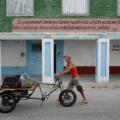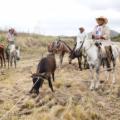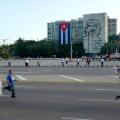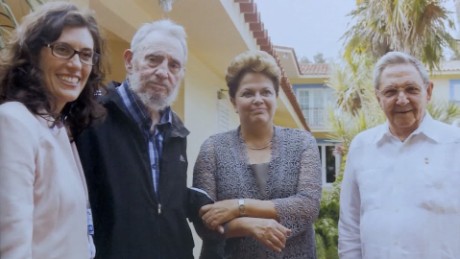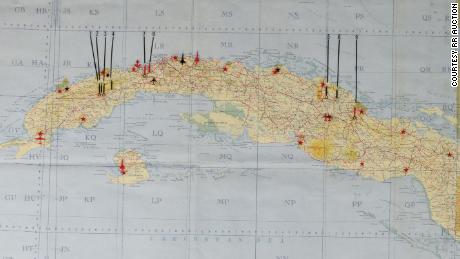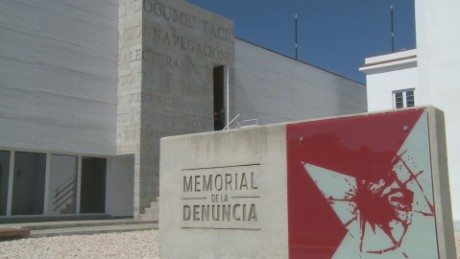Havana, Cuba (CNN)For the first time in the lives of most Cubans, a man not named Castro will lead the Communist-run island nation.
Cuba's National Assembly announced Thursday that First Vice President Miguel Diaz-Canel, 57, will replace Raul Castro as the head of the Cuban government.
Castro embraced Diaz-Canel -- who wasn't even born when Fidel Castro led his revolution in 1959 -- during the session Wednesday, all but sealing his status as the island's next president. That session also included the vote for the new leader, which was 603-1 in favor of Diaz-Canel.
Fidel Castro had long said he expected to die while still in office, but after a mystery illness and botched intestinal surgery in 2008, he was forced to step down. He died in 2016.
His younger brother Raul Castro replaced him as head of state, the Cuban Communist Party and the island's military, promising to make their revolution "prosperous and sustainable."
Now Raul Castro, 86, is leaving office, apparently convinced that the best way to ensure the survival of his and his brother's revolution is to begin a transition he can help oversee.
Heirs apparent?
For years, many Cubans speculated that Raul Castro's daughter Mariela -- a member of the National Assembly and advocate for gay and transgender rights -- or his son, Alejandro -- a colonel in Cuban counterintelligence who represented the island in secret talks with the United States -- would be the next Castros to take power.
Instead, legislators selected D├şaz-Canel, who had promised to hew closely to the course set by the Castro brothers.
"I believe in continuity," D├şaz-Canel told reporters recently when asked about his vision for Cuba's future. "I think there always will be continuity."
"Continuity" most likely means continued restrictions on the private sector for Cubans, tight controls on foreign investment and no openings to the single-party political system.
Before becoming the heir apparent to Raul Castro, when D├şaz-Canel was still climbing his way up the ranks of the Communist Party hierarchy in the island's provinces, he earned a nickname that stuck with him: "D├şa y Noche" or Day and Night.
The moniker came from low-level government employees who found out the hard way that at any hour Diaz-Canel could show up unannounced to inspect whether workers were actually on the job and not pilfering supplies or taking a nap.
That fastidiousness and willingness to work around the clock may be key assets in Diaz-Canel's new position as president.
Will a new leader make a difference?
Few people expect much to change in the only Communist-run country in the Western Hemisphere, at least not right away.
"Cuba will keep being Cuba, no one can change it," Elián González, the boy found on an inner tube off the Florida coast in 1999, told CNN. González, then 5 years old, was placed with relatives in Miami but returned to Cuba with his father following a court battle. He was seen frequently with Fidel Castro, whom he described as being like a father to him.
Now González, 24, has emerged as one of the most effective advocates for the revolution and many Cubans believe he will one day have a leadership role.
"Cuba won't change if another administration comes, if another president comes," he said.
Cuban leaders say they are "perfecting" their revolution while resisting external pressures to open the economy and political system.
Castro will remain a powerful figure
Even though Raul Castro, according to Cuban government officials, plans to move to Santiago de Cuba, the city where his brother Fidel was buried, he will still exercise a large measure of control over the Cuban government and have the final say on important decisions.
"Raul Castro, as first secretary of the Communist Party of Cuba, will lead the decisions of greatest transcendence for the present and the future of this country," Diaz-Canel said in a speech to the Cuban National Assembly in Havana on Thursday.
This week marks the anniversary of the Cuban government victory over CIA-trained Cuban exile forces at the Bay of Pigs, a highly symbolic moment for Castro to step down and for his replacement to be chosen in the secret vote by the National Assembly.
Stacked with members of the Cuban Communist Party, the only political party allowed on the island, and fervent supporters of the revolution, the National Assembly nearly always votes unanimously for the proposals made by the top Cuban leadership.
Despite their efforts to join the National Assembly, government opponents have either lost or not been allowed by the government on the ballot in municipal elections.
A revolutionary leader
Even as Cuba's economy struggles and officials tweak the island's economic model with little apparent success, there was no transformational leader waiting in the wings.
"You see it on signs everywhere here, 'Fidel is Cuba,'" said Vicki Huddleston, the former head of the US diplomatic mission in Havana. "You won't be seeing signs that say 'Raul is Cuba.' He was a placeholder. The next head of Cuba will be a placeholder. There is no charismatic leader like Fidel was."
For opponents of the Cuban revolution who expected support for the government to crumble when Fidel Castro died, a peaceful transfer of power could indicate they have even longer to wait for change to occur.
Supporters of the Cuban government said their revolution will survive the departure of the Castros.
"Many people say 'when the Castros' mandate ends' but I don't believe the ideology will end; not what they have taught us, nor the ideas of the Castros," Elián González told CNN. "Cuba is more than its government."
Correction: A previous version of this article gave the incorrect year of Elián Gonzalez's discovery off the Florida coast. He was found in 1999.
